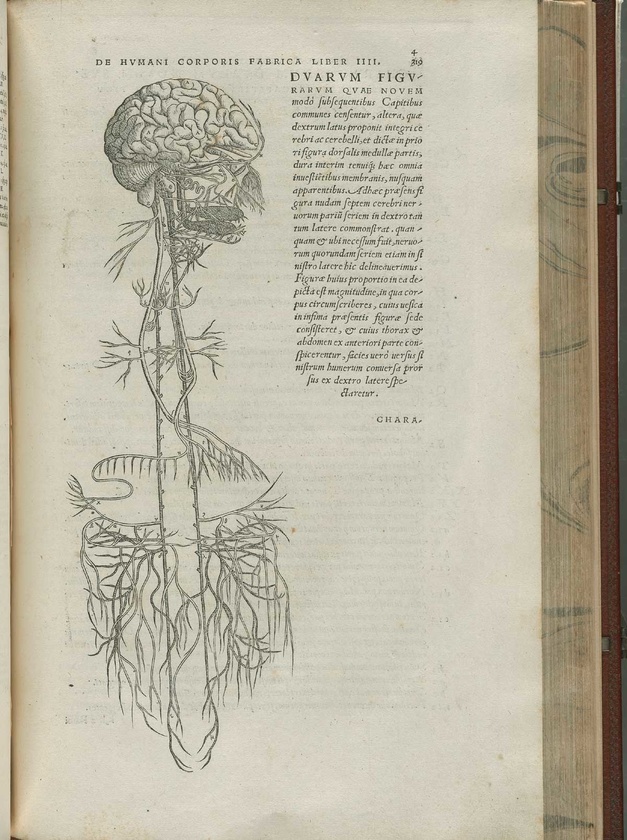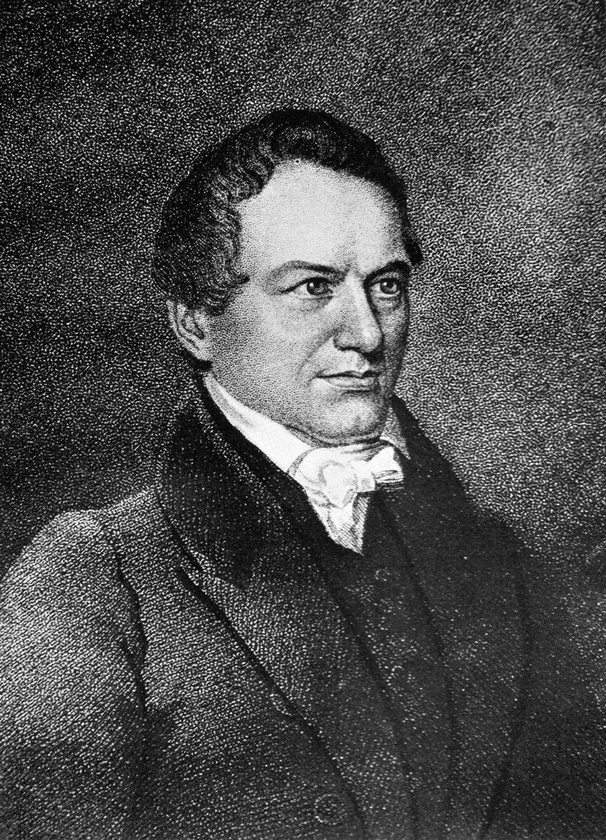
We value thoughtful and informed discussion about science, tech, politics, legislation, history, and more importantly, family, food, and funny memes!
Sit back, enjoy scintillating conversation, a few laughs, and relish this life of ours.
"...one of the most influential medical texts ever printed..."
Andreas Vesalius produced De corporis humani fabrica libri septem. (Basel: Johannes Oporinus, 1543).
"De corporis humani fabrica libri septem [Seven books on the fabric of the human body] is one of the most influential medical texts ever printed, not only because of the scientific methods used to produce it, but because of the artistic renderings of the anatomist's findings. Although he relied heavily upon Galen, at times translating his words exactly, Vesalius performed his own careful dissections and observed the body in great detail, confirming and refuting many of Galen's anatomical and physiological tenets. His peers reacted strongly to his decision to question Galen, and he received praise and condemnation."
https://www.nlm.nih.gov/exhibition/historicalanatomies/vesalius_home.html

Grand Jury, Day 2: Historical Background
Alex Thomson, former officer of Britain’s Signal Intelligence Agency, GCHQ, the partner agency to NSA has just completed his statement.
Matthew Ehret, Senior Fellow of American University in Moscow, Editor-in-chief of Canadian Patriot dot org and BRI Expert of Tactical Talk dot net then makes his own short statement.
Pay attention to what Ehret says about traps patriots/freedom lovers may easily fall into, traps laid via propaganda.
No lockdowns.
Facemasks not required.
Vaccines not required.
2 metre space between people suggested.
Tragic deaths and patients ill with COVID-19 are in low numbers.
Here is the updated information from the Danish government:
https://www.sst.dk/en/English/Corona-eng
When did Denmark back down from draconian law enforcement?
https://www.lifesitenews.com/news/danish-govt-backs-down-on-forced-covid-vaccination-law-after-citizens-protest-with-pots-and-pans
Why exactly did the Danes reject the proposed law?
https://www.thelocal.dk/20201113/explained-what-is-denmarks-proposed-epidemic-law-and-why-is-it-being-criticised/
Ended a debate between Senators Daniel Webster of Massachusetts and Robert Hayne of South Carolina.
Daniel Webster won the day, but with hindsight, modern citizens may side with Hayne.
Hayne re-enforced the idea of a confederation while Webster defended the idea of a federation.
In a confederacy the people may overcome tyrants quicker than in a federation, for in THAT condition, do the words of the Unites States constitution have TEETH. #AntiFederalistPaper9 http://resources.utulsa.edu/law/classes/rice/Constitutional/AntiFederalist/09.htm "We [the Aristocratic party of the United States,] do not much like that sturdy privilege of the people -- the right to demand the writ of habeas corpus. We have therefore reserved the power of refusing it in cases of rebellion, and you know we are the judges of what is rebellion...."
Images:
Robert Y. Hayne
Unknown author, Public domain, via Wikimedia Commons
Daniel Webster
Unknown photographer, Public domain, via Wikimedia Commons




/winter-solstice-896318944-5c48dbbf46e0fb000130e402.jpg)













